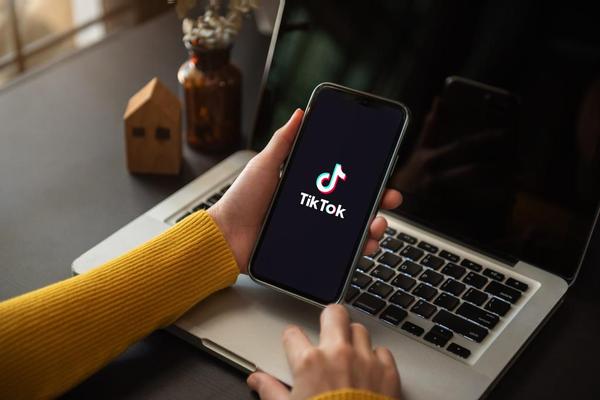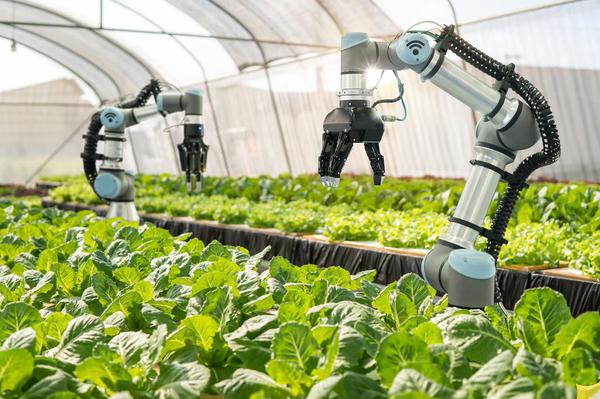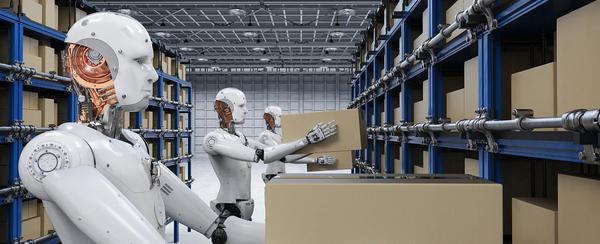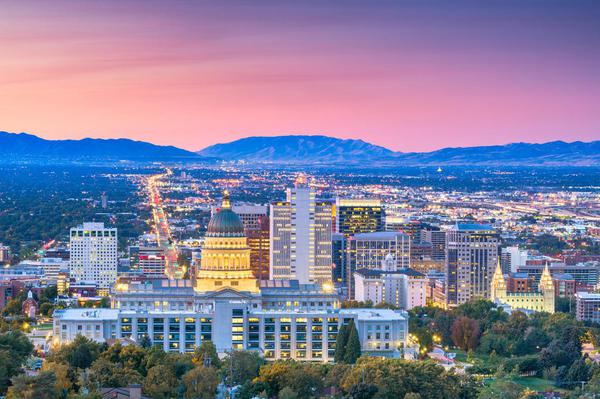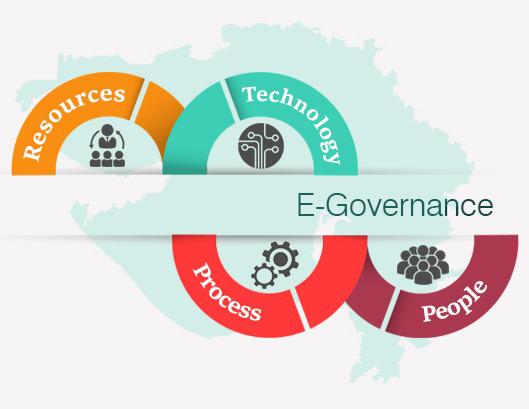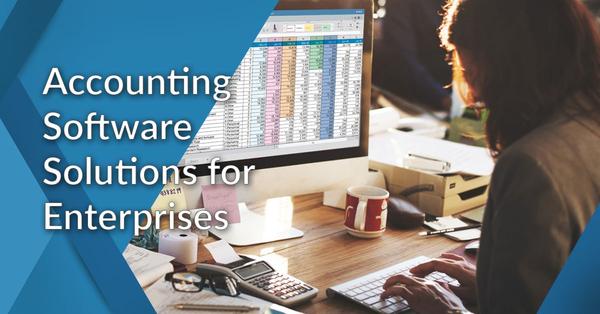
Accounting Software Solution Market Research Brief
Artificial intelligence will continue to complement this rollout, providing small businesses with scalability and enhanced compliance. As AI ages, challenges with legal language and jargon are likely to subside, paving the way for widespread adoption of accounting software solutions by US small businesses.
